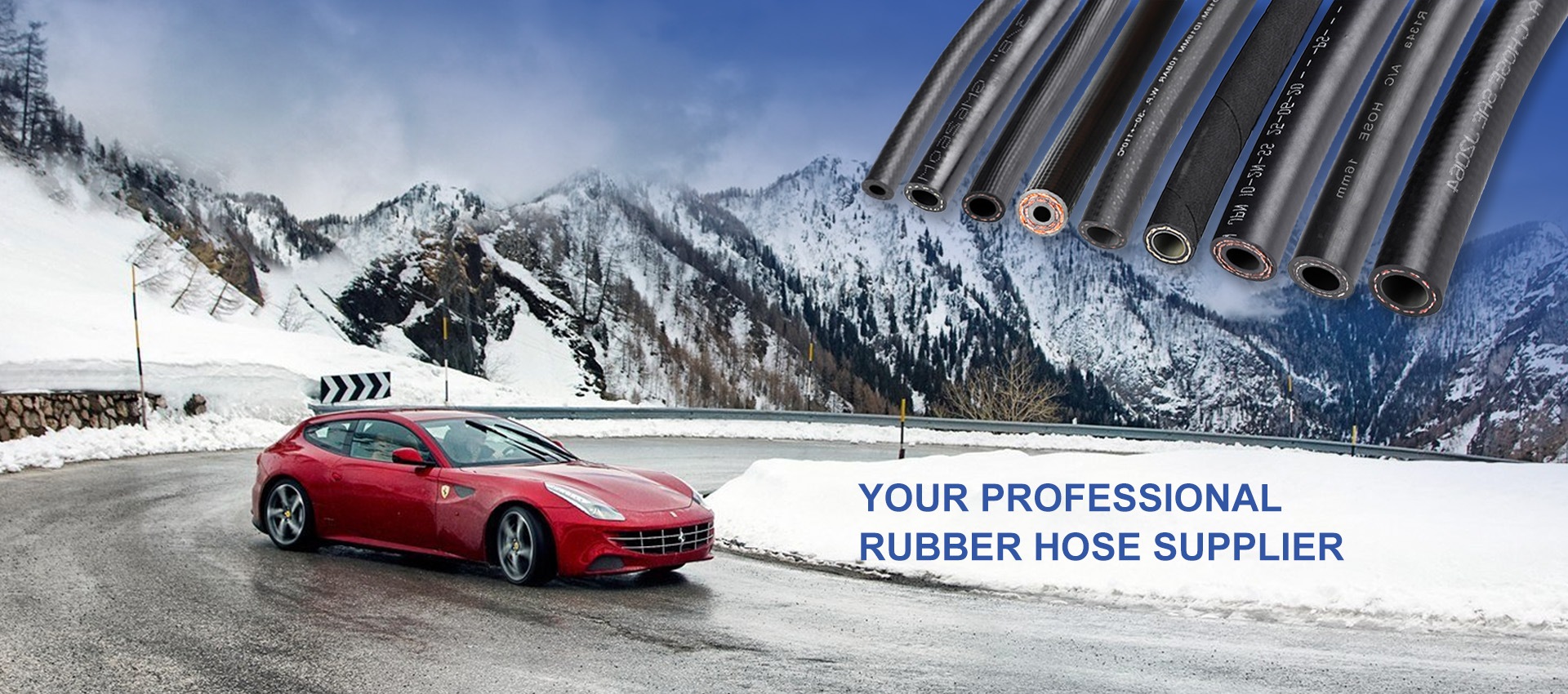brake line in car
Dec . 05, 2024 15:19 Back to list
brake line in car
Understanding Brake Lines in Cars A Critical Component for Safety
When it comes to vehicle safety, one of the most crucial systems in play is the braking system. Within this system, brake lines serve a fundamental role in ensuring that your car can stop effectively and safely. In this article, we will explore what brake lines are, how they function, and why they are vital for the overall performance of your vehicle.
What are Brake Lines?
Brake lines are hydraulic tubes that connect the brake pedal to the brakes at each wheel. Their primary function is to transmit hydraulic fluid from the master cylinder – a component that houses the brake fluid – to the brake assembly. When a driver presses the brake pedal, the master cylinder generates hydraulic pressure that travels through these lines to activate the brakes, allowing the vehicle to slow down or stop.
There are two main types of brake lines steel lines and rubber hoses. Steel lines are typically used for the main runs and are durable and resistant to pressure. Rubber hoses, on the other hand, connect the steel lines to the brake calipers or wheel cylinders and provide flexibility to accommodate suspension movement.
How Brake Lines Function
The operation of brake lines is based on Pascal’s principle, which states that an incompressible fluid will transmit pressure equally in all directions. When the brake pedal is pressed, the master cylinder forces brake fluid through the lines into the brake calipers. This hydraulic pressure pushes the brake pads against the rotor (in disc brakes) or the brake shoes against the drum (in drum brakes), creating friction that slows the vehicle down.
It's essential to note that brake lines must be in excellent condition for the braking system to work effectively. Any leaks, corrosion, or blockages in the lines can lead to a significant loss of braking power, making it crucial for vehicle owners to maintain and inspect their brake lines regularly.
Common Issues with Brake Lines
brake line in car

Brake lines can encounter various issues over time due to wear and tear, environmental exposure, and road conditions. Some common problems include
1. Corrosion Brake lines, especially steel ones, are susceptible to rust when exposed to moisture, road salt, and other corrosive substances. Corroded lines can weaken and eventually rupture, leading to brake failure.
2. Leaks Leaks in brake lines can occur for several reasons, including physical damage from road debris or corrosion. A leak can result in a significant loss of hydraulic fluid, leading to poor brake performance.
3. Blockages Dirt and debris can accumulate in brake lines, causing blockages that affect the flow of brake fluid. This can result in uneven braking or a complete brake system failure.
Importance of Regular Maintenance
Regular maintenance of brake lines is essential for vehicle safety. Car owners should have their brake systems inspected routinely, particularly before long trips or during seasonal changes. Mechanics typically check for signs of leaks, corrosion, and overall condition of the lines to ensure they are functioning correctly.
In addition to professional inspections, vehicle owners can perform simple checks themselves. For example, if you notice a decrease in braking performance or your brake pedal feels spongy or goes to the floor, it may indicate an issue with the brake lines or other components of the braking system.
Conclusion
Ultimately, brake lines are a critical component of a car’s braking system and play an integral role in ensuring vehicle safety. Their function in transmitting hydraulic pressure is vital for effective braking, and any issues can compromise the vehicle's ability to stop. Understanding the importance of brake lines and committing to regular maintenance can help prevent accidents and ensure a safe driving experience. Remember, when it comes to your vehicle's safety, it is always better to be proactive than reactive. Stay safe on the road by taking care of your braking system and ensuring your brake lines are in optimal condition.
